On Wednesday, 23rd July 2025, the Solana blockchain implemented a major performance upgrade, increasing its block capacity from 50 million to 60 million compute units (CUs). This marks a 20% rise in the number of computational resources allocated per block, allowing for a greater volume of transactions or the processing of more complex instructions on the network.
Compute units (CUs) are a technical measure of the computational effort required to process blockchain transactions. Each transaction consumes a different number of CUs based on its complexity. For example, a simple token transfer uses fewer units than a decentralised exchange (DEX) swap that interacts with multiple smart contracts. By expanding the block’s CU limit, Solana enables more such transactions to be included within each block, thereby reducing the risk of network congestion and enhancing efficient transactions.
This upgrade follows a gradual increase in capacity, moving from 48 million CUs to 50 million earlier this year. The successful deployment of that change laid the groundwork for this current jump to 60 million CUs. The long-term objective is to double block capacity to further improve throughput and user experience.
According to CoinCodex data from May 2025, Solana transactions currently average around $0.002796 in fees. With higher block capacity, the network can handle increased demand without issues and potentially lower transaction costs further. Solana’s proof-of-stake mechanism also redistributes 50% of these fees to validators, creating incentives for optimal network performance.
Solana has consistently prioritised network scalability by focusing on hardware improvements rather than simply enlarging block size. A 2021 Reddit thread by core developers emphasised scaling by pushing the limits of node performance. This recent upgrade reflects that same principle.
Solana, launched in 2020, is a high-performance blockchain known for its low fees and fast transaction speeds. Its architecture relies on a unique hybrid consensus combining proof-of-history (PoH) with proof-of-stake (PoS). This enables the network to process thousands of transactions per second, supporting a wide range of decentralised applications (dApps), DeFi protocols, and NFT projects.
The full impact of this upgrade will become clearer in the coming weeks as usage data accumulates. However, this move reinforces Solana’s strategy to improve scalability and maintain its position as a competitive smart contract platform.

